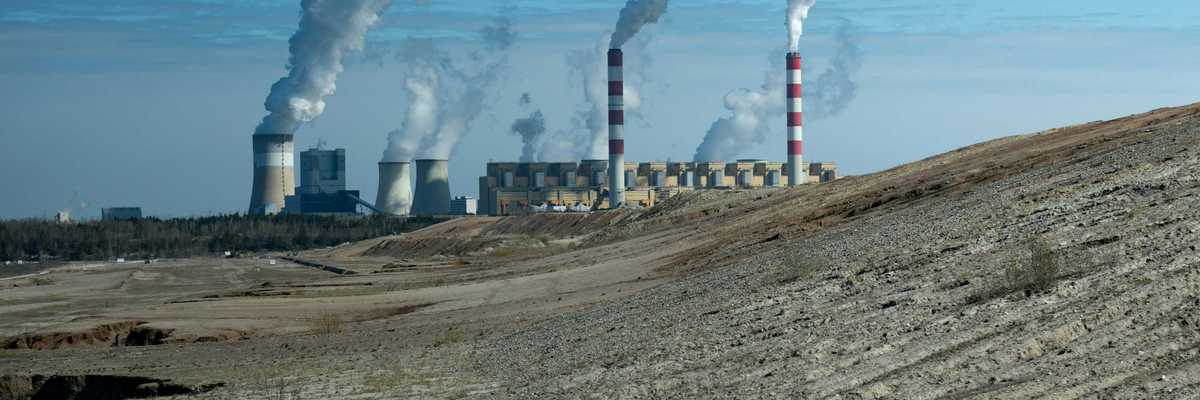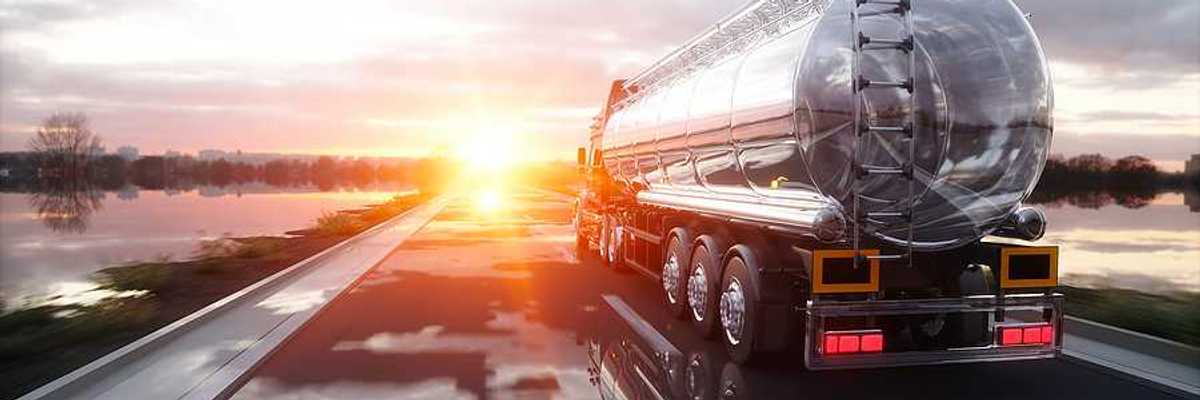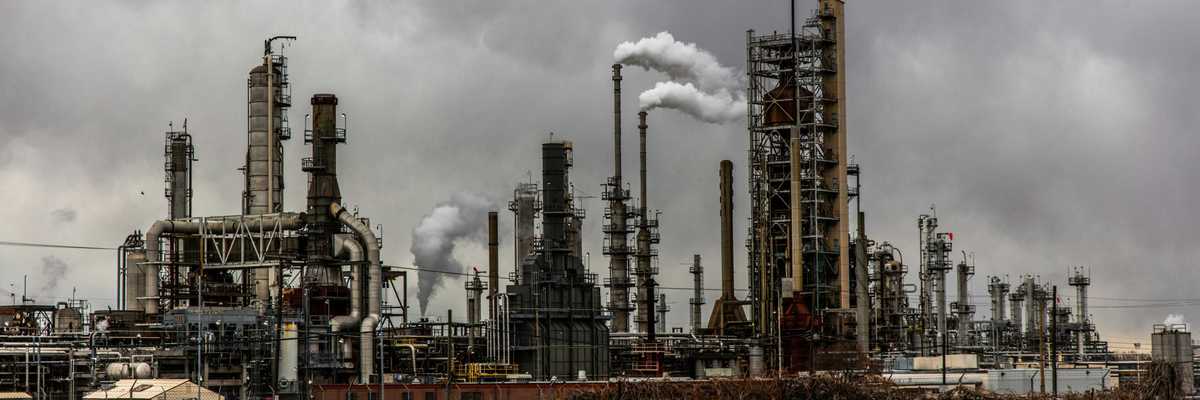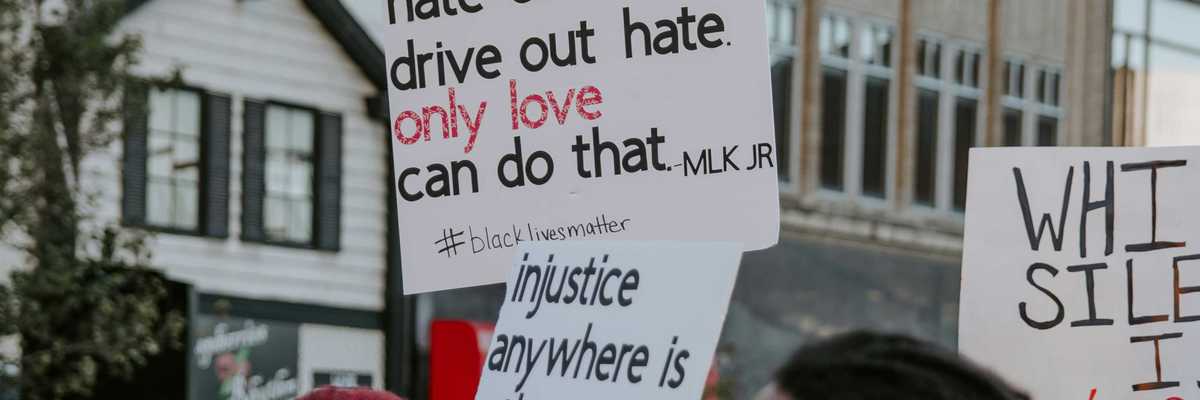occupational health
Construction worker's tragic end highlights the deadly impact of extreme heat on workers
Caught in a deadly heatwave, David Azevedo's effort to impress in a new job tragically cost him his life, underscoring the urgent need for better protections for outdoor workers.
In short:
- David Azevedo, working in extreme heat on a French construction site, succumbed to heatstroke, demonstrating the severe risk posed by rising temperatures.
- Despite showing signs of severe heat illness, David was left unattended for critical moments, which may have contributed to his death.
- The incident reveals the urgent necessity for stronger safety regulations to protect workers in increasingly frequent and severe heatwaves.
Key quote:
“Workers are compelled to be in the heat. They have to work or they lose their livelihood. This speaks to a wider dynamic: power and money determine your vulnerability to climate change.”
— Cora Roelofs, professor at the University of Massachusetts Lowell
Why this matters:
As heatwaves become more frequent and severe, our bodies are pushed to their limits, and the risks aren't just limited to those working under the sun. Read more: How youth can battle extreme heat in their communities.
Biden condemns climate denial, unveils new heat protections for workers
President Biden denounced climate change denial and announced new regulations to protect workers from extreme heat, as California and Oregon prepare for record-breaking temperatures.
Lisa Friedman and Noah Weiland report for The New York Times.
In short:
- President Biden emphasized the dangers of ignoring climate change and highlighted the deadly impact of extreme heat, proposing new regulations for worker protection.
- The proposed OSHA regulation would mandate that employers monitor workers and provide rest areas and water when the heat index reaches 80 degrees or higher.
- Environmental groups and labor unions praised the protections, while industry groups argued the rule would be costly and hard to implement.
Key quote:
“Anyone who wilfully denies the impacts of climate change is condemning the American people to a dangerous future and either is really, really dumb or has some other motive.”
— U.S. President Joe Biden
Why this matters:
Extreme heat is the deadliest weather-related hazard in the U.S., causing more deaths than floods, hurricanes and tornadoes combined. As climate change intensifies, extreme heat poses greater health risks, making protective regulations increasingly important for worker safety and public health resilience. Read more: We are undercounting heat-related deaths in the US.
American workers face increasing heat dangers without adequate federal protections
Despite the rising threat of heat-related illnesses and deaths, the U.S. lacks comprehensive federal regulations to safeguard workers from extreme heat.
In short:
- In the U.S., heat kills more people annually than tornadoes, hurricanes, and floods combined, particularly affecting outdoor and indoor laborers.
- California has recently moved to protect indoor workers, and OSHA is expected to propose new heat protection rules, though they face significant opposition.
- Heat exposure can cause systemic inflammation and organ damage, leading to severe health consequences like chronic kidney disease.
Key quote:
"You can be completely hydrated and still have heatstroke."
— Jason Glaser, CEO of La Isla Network
Why this matters:
As climate change intensifies, workers are increasingly vulnerable to heat-related health issues, making it crucial to implement stronger protections to prevent further loss of life and long-term health complications. Read more: We are undercounting heat-related deaths in the US.
Labor and environmental groups push FEMA to classify extreme heat as a major disaster
A coalition of labor, environmental, and healthcare organizations is urging FEMA to classify extreme heat and wildfire smoke as major disasters, aiming to unlock federal funds for community protection and worker safety.
In short:
- More than 60 groups filed a petition for FEMA to classify extreme heat and wildfire smoke as major disasters.
- The move is supported by major labor unions aiming to protect outdoor workers and those without air-conditioning during heat waves.
- Previous attempts to classify heat waves as disasters were denied, but petitioners cite the precedent of COVID-19's disaster declaration to bolster their case.
Key quote:
“We are never going to be able to address the changing climate or threats to the future under the existing system.”
— Brock Long, FEMA administrator during the Trump administration
Why this matters:
Extreme heat kills more people in the U.S. annually than hurricanes and floods combined. Recognizing heat as a major disaster would improve public health protections and infrastructure resilience. Read more: We are undercounting heat-related deaths in the US.
Thousands of employees say the USPS is failing to protect them from major heat
Heat-related deaths could increase fivefold by middle of 21st century, WHO co-authored report says
Extreme heat pushes more farmworkers to harvest at night, creating new risks
Working in the dark may help agricultural workers keep cool, but safety advocates worry the trend could also be causing more accidents and compromising worker health.









